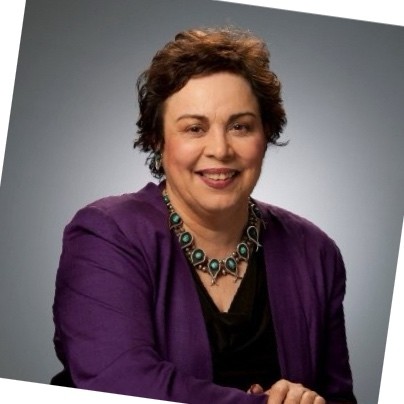Higher education trends 2024 Key transformations in universities and career paths. Universities are facing increasing pressure to justify tuition fees. More students are questioning whether the cost of a degree aligns with job market returns, pushing institutions to reconsider pricing and financial aid options.
Shorter, Job-Focused Programs Are Growing
Traditional four-year degrees are losing ground to shorter, skills-based programs. Employers are prioritizing candidates with practical knowledge, leading to a rise in bootcamps, micro-credentials, and industry-specific certifications.

Hybrid Learning Is Becoming the Standard
Universities are blending online and in-person learning to offer students greater flexibility. This model allows students to access quality education while managing work, internships, or other responsibilities.
AI Is Reshaping Course Delivery
Artificial intelligence is playing a major role in personalized learning, automated grading, and course recommendations. Universities are integrating AI to improve efficiency and tailor education to individual student needs.
Employer-University Partnerships Are Expanding
More institutions are collaborating with businesses to design relevant curricula. These partnerships help students gain real-world experience through internships, apprenticeships, and job placements.
Alternative Credentials Are Gaining Credibility
Degrees are no longer the sole measure of academic achievement. Digital badges, professional certifications, and online courses are becoming widely accepted as proof of skills and expertise.
International Student Enrollment Faces New Challenges
Visa restrictions, geopolitical issues, and shifting job markets are impacting international student admissions. Universities are adapting by offering more remote learning options to attract global students.

Traditional College Structures Are Evolving
Many universities are restructuring academic programs to focus on interdisciplinary studies, sustainability, and technological advancements. Institutions that fail to adapt may struggle to stay relevant in the coming years.

I have 20 years of experience in higher education leadership. I held prominent academic positions at various institutions, concentrating on key areas such as student learning, faculty development, curriculum design, and institutional accreditation. As the Team Chair for eleven accreditation evaluations with the Middle States Commission on Higher Education, I have successfully directed thorough assessments that uphold academic standards and regulatory requirements. Furthermore, I have provided consulting services to major international institutions, offering guidance on accreditation processes, strategic planning, and governance frameworks. Her extensive knowledge in assessment, budget management, and collective bargaining and her commitment to academic excellence and institutional effectiveness make her a passionate champion for shared governance in higher education.
